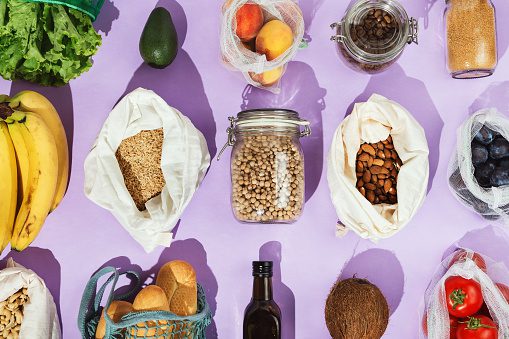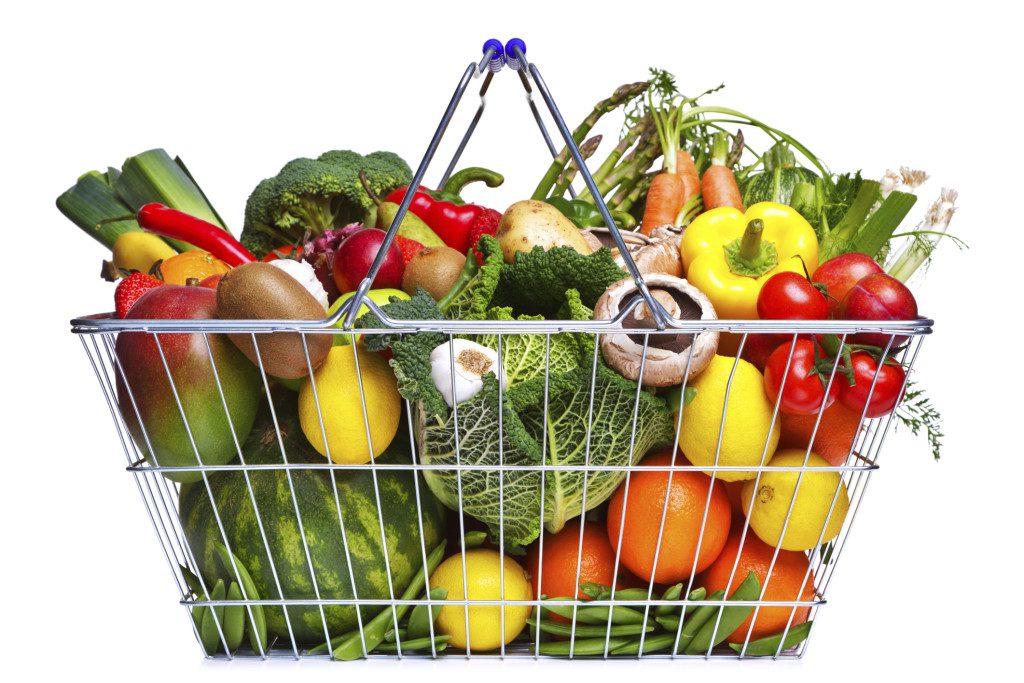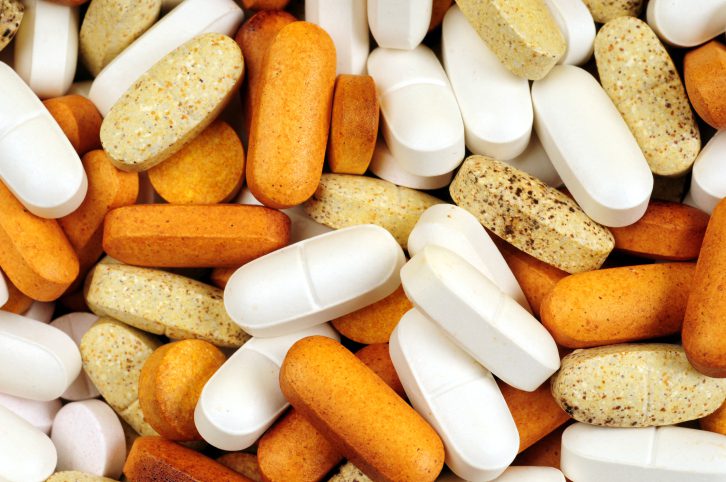Risks of fractures higher in vegetarians and vegans, new study reports
When it comes to hip fractures, new research suggests that eliminating meat increases probability

Eating less meat is becoming increasingly popular among Canadians. And the new Canada’s Food Guide (released in 2019) recommended we consume fewer animal products and less sugar. However, a recently released research paper suggests that those who cut out meat could face higher risks of hip fractures, due to lower BMI and lower intake of calcium and protein.
RELATED: Canada’s Food Guide: less animal products, less sugar and social eating habits
The study looked at thousands of vegans, vegetarians, and pescatarians and compared their likelihood of fracture with those who ate meat. They found that those who didn’t eat meat had a much higher risk of a hip fracture, and that vegans are at higher risk for hip, leg and vertebrae fractures. (The more than 35,000 participants weren’t necessarily athletes.)

Controlling for BMI made a big difference
Despite the strong correlation across the board between meat avoidance and hip fractures, researchers reported that when they controlled for body mass index, the results shifted. “Vegetarians and vegans generally have lower BMI than meat-eaters, and previous studies have reported an inverse association between BMI and some fractures, particularly hip fractures, possibly due to reasons including the cushioning against impact force during a fall, enhanced estrogen production with increased adiposity, or stronger bones from increased weight-bearing.”
This suggests that if participants were at a healthy weight, and observing a plant-heavy diet, their chance of fracture was lower than those who were underweight.

You can be healthy and strong without eating meat
If you’re a runner who’s choosing to cut down or eliminate meat entirely, it’s possible to do it safely, and consulting with a registered dietitian makes it much easier to avoid pitfalls. If you have a dietitian on your side, it’s easier to spot vitamin and mineral deficiencies, ensure you’re eating enough and stop a bad habit before it becomes an issue.
Researchers found that both vegans and vegetarians had substantially lower levels of calcium (vegans) and protein intake (both groups) when compared to meat-eaters. If you’re considering adopting either of these diets, be sure to monitor your intake of these nutrients and keep your weight at a healthy level.


